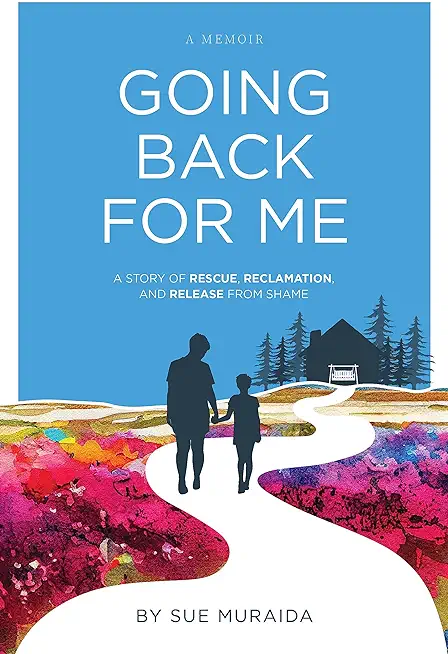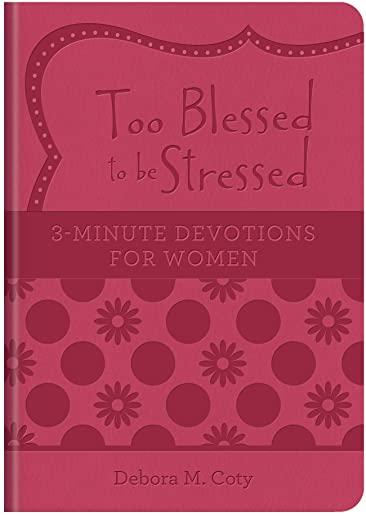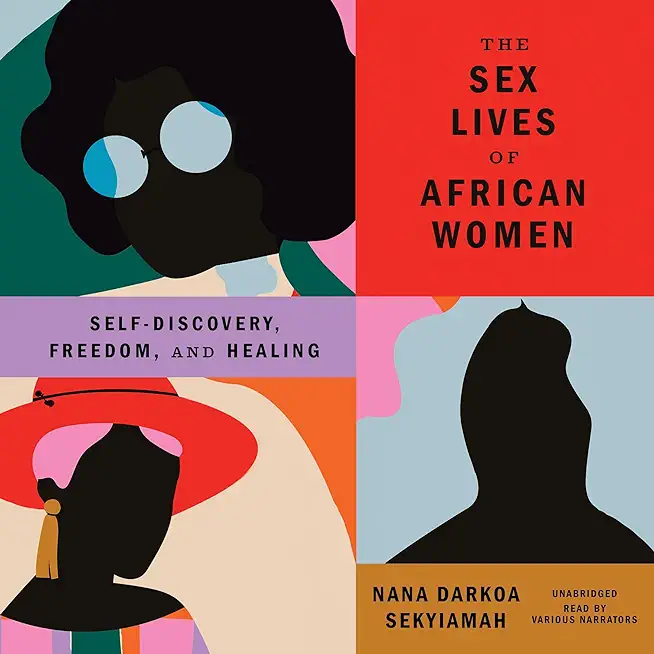
Three-time Poet Laureate of the United States, Robert Pinsky, said: "Alleliah Nuguid's A Human Moon deals with culture and cultures intimately and abundantly, with fiery imagination, intellectual daring and rich verbal music."
Paisley Rekdal, Poet Laureate of Utah and author of The Night My Mother Met Bruce Lee: Observations on Not Fitting In and Intimate, said: "In A Human Moon, ancient myths weave indistinguishably into our contemporary world while figurative concepts become literal identities: a young woman ghosted by a lover might, for example, be an actual ghost herself, while the horror movie trope of a cabin in the woods becomes an actual part of the reader's body, the cabin itself not just "a plot on the map" but a structure "inscribed on your own back." In this wonderful, weird, and always surprising debut, we find a fascinating blend of autobiography and fable, ecocriticism and race theory, where any body might finally become a "reproducible ornament" a brilliance, a monster."
Katherine Coles, author of Wayward and Look Both Ways, said: "The poems in Alleliah Nuguid's terrific collection, A Human Moon, give us a look at the future of American poetry. They reach into both Filipino and American storytelling and cultural practices, considering where story sits beside or bleeds into myth. Along the way, they comment (often wryly) on horrors pop-cultural, ecological, and elemental; on jealousy or the failures of romance and parenthood; on genetic legacy; on navigating multiple identities; on gender; on our animal selves. Expressing themselves often through sharp wit, through camp, and through bumps in the night, they remain always brainy, always lyrical, and always and ever inventive and engaging."
Karl Kirchwey, author of Stumbling Blocks: Roman Poems and Professor of English and Creative Writing at Boston University, said: "In her debut poetry collection A Human Moon, Alleliah Nuguid combines verbal resourcefulness and acoustic play with an appropriately-global command of folklore and mythology-Philippine and Greco-Roman-to depict a realm of constant and sometimes violent metamorphosis. Cosmogony, theogony, catastrophe: these are the ancient words that describe the blurt and flare, not only of worlds in formation, but of the human self in formation, in her work. Sometimes the most interesting poetic companions are both formidable and vulnerable: Nuguid is capable of being both."







